11/19/2014
With Thanksgiving on the horizon and turkey (or turkey alternatives!) on many menus, we thought it was a good time to appreciate some of the lesser known attributes of what could have beat the bald eagle for the title of National Bird, if Benjamin Franklin had a say in it (see #5).
1. In America, it’s a called a turkey. In Greece, it’s a “French bird.” In France, it’s a “chicken from India.” In India, it’s a “Peru.” It seems we can’t come to consensus on this contentious issue.
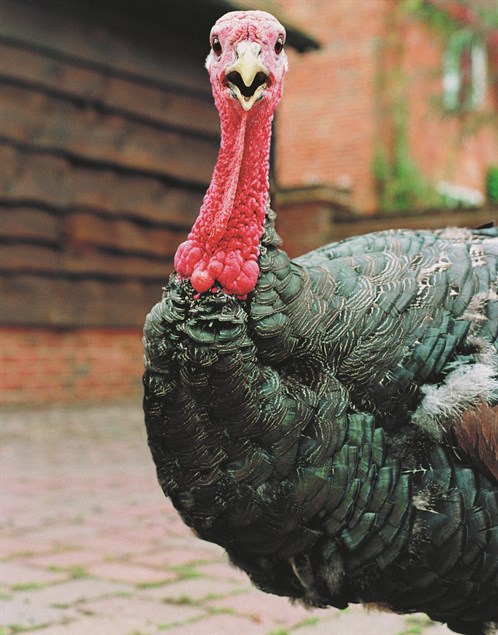
2. Turkey gobbles can be heard over a mile away by the human ear. Each male has his own unique gobbling technique.
3. One reason turkey eggs never took off as a popular food is turkey mothers are very protective, making egg collection too challenging. Can you blame them for being a bit possessive over these little guys?
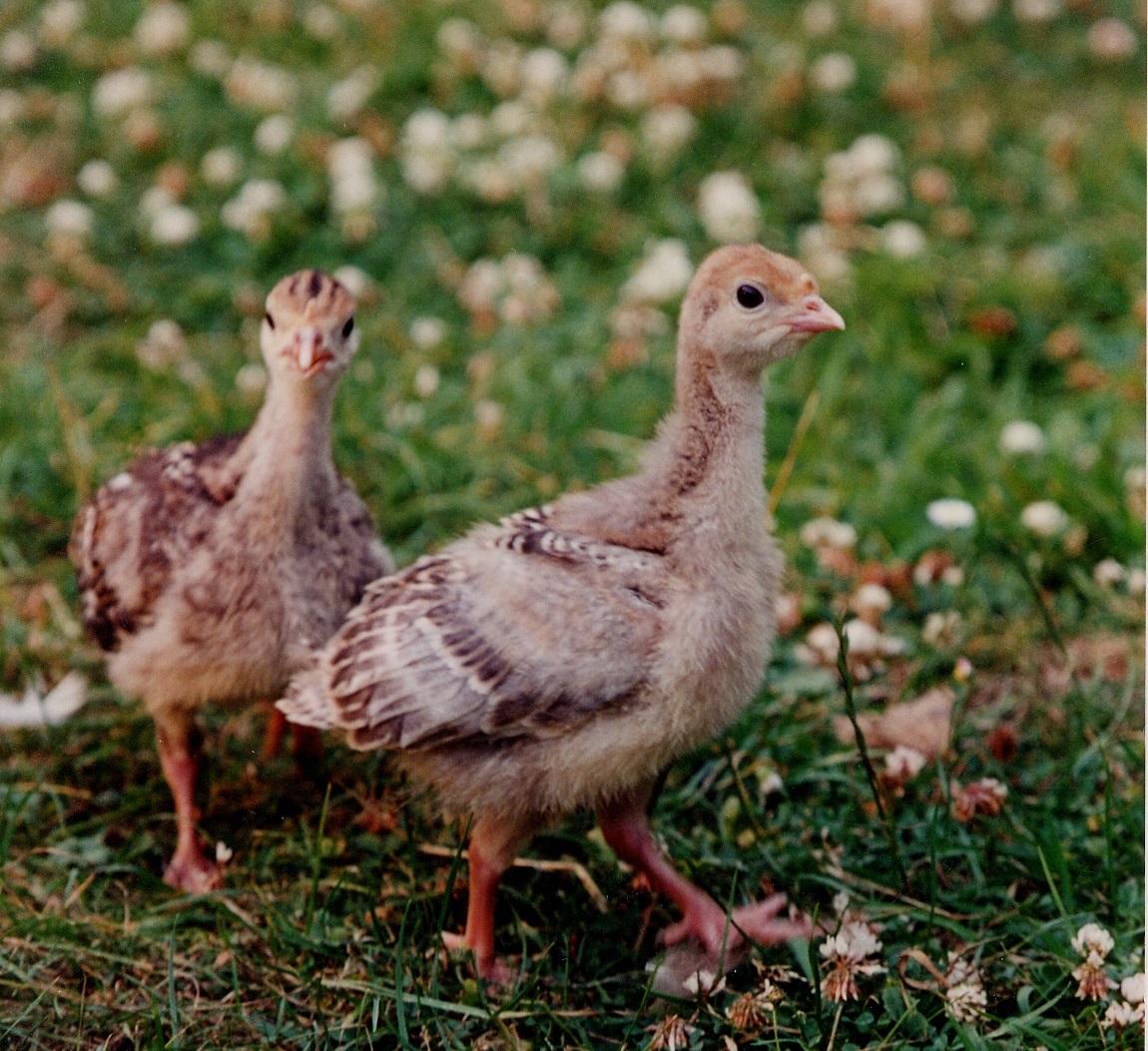
4. Their top running speed is 25 mph (the fastest human on record was 27 mph). They can hit 55 mph when flying. Yes, they can fly short distances.
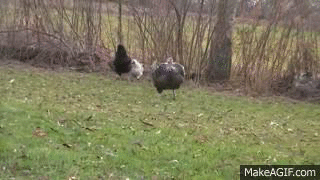
5. Benjamin Franklin wished the turkey was chosen as the national emblem, calling the bald eagle “a bird of bad moral character.”
6. The long flap of skin over a male’s beak is called a snood, and it changes color depending on his mood.
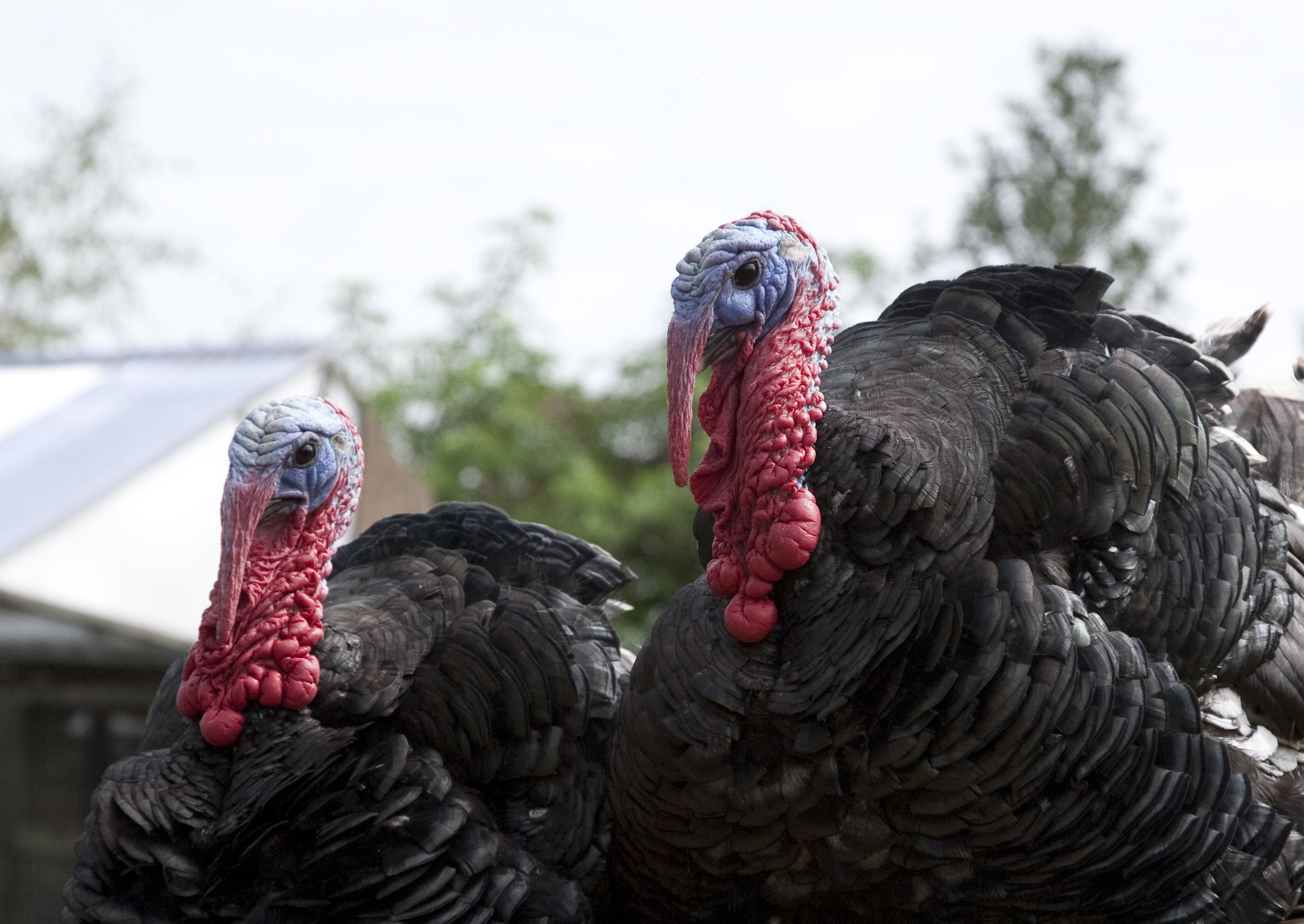
7. Turkey droppings indicate gender. Males produce spiral-shaped poo, while the females’ are shaped like the letter J.
8. The wishbone is actually called "furcula" meaning “little fork.” The T-Rex and Velociraptor had one, too.
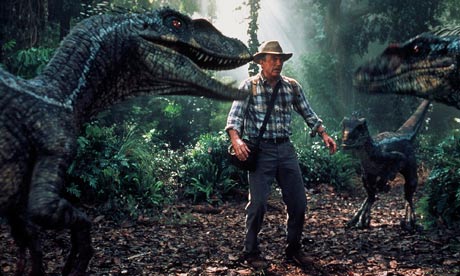
9. The author of “Mary Had a Little Lamb,” Sarah Josepha Hale, is responsible for making Thanksgiving a national holiday, with Turkey as the traditional main dish. The Pilgrims and American Indians did not, in fact, eat turkey.
10. Most domesticated turkeys have been bred to have white feathers, because they don’t show spots under the skin when plucked.
11. When they need to, Turkeys can swim by tucking their wings in close, spreading their tails, and kicking.

Also check out Before You Buy That Butterball: Our Thanksgiving Resource Guide! Learn the difference between pasture raised vs. factory farmed turkeys, and where you can find more humane, sustainable turkeys and turkey alternatives this year!
